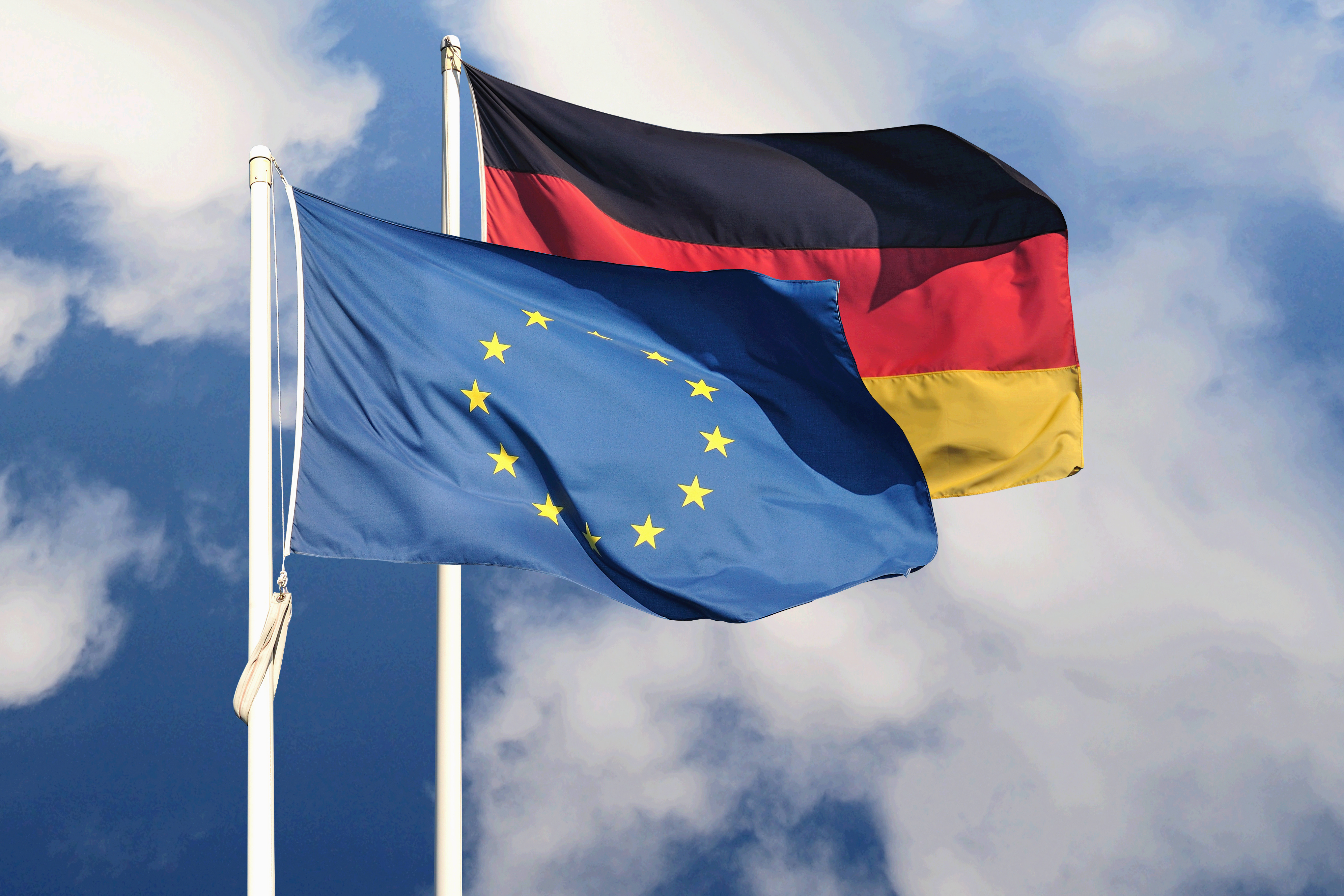This argument is two-folded. First the “end of reign” of Angela Merkel and the upcoming inner German debates about the succession. Secondly, the feeling that Germany has failed to clearly define its European policy so far.
The German presidency and the European visions proposed by French President Emmanuel Macron could give new impulses to the recently stagnant Franco-German relationship. Elections are coming up in both countries in 2021 in Germany and 2022 in France (with the French EU presidency). So the German presidency might be one of the last chances for major initiatives at EU level before the window of opportunity closes.
Goals and Expectations
Expectations towards the presidency of the EU’s biggest member state and the economic powerhouse are high. Here are eight priorities that are most likely to stand at the forefront of the German presidency:
1. The Relationship between the EU and China
One of the high marks of the German presidency will be the EU-China summit taking place in Leipzig in September. All 27 EU-member states will participate. The main concern is whether Germany will be able to counter China’s divisive approach towards the EU through a unified stance of all member states. After Brexit, this is especially relevant also with regards to the US-China relationship.
2. The Green Deal
The EU Commission under the presidency of Ursula von der Leyen has set up high ambitions for combating climate change. The now proposed plan has to be specified and consensus has to be reached to bring the existing bullet points to concrete regulation proposals.
3. The Migration Issue
Probably it can only be a large country that can try to finally reach a solution for the long-lasting necessity to reform the existing Dublin regulation. The reform proposal of the European Commission is presented as a draft, but no consensus has been reached so far. The challenge is to find an agreement among the member states based on solidarity and fair mechanisms to channel the migration flows. A balance must be reached to discourage abuses, to ensure a fair sharing of responsibility and to protect asylum seekers’ best interests. More profound rework of asylum policies including cross-border data-sharing and new distribution mechanism is supposed to be developed during the presidency.
4. An Antitrust Reform and Modernizing European Competition Law
This reform is meant to facilitate cross-border mergers, so that European companies can be formed which will then be able to compete with US and Chinese counterparts.
German Economy Minister Peter Altmaier launched a committee of antitrust experts last year to modernize German and European competition law with the goal of safeguarding Germany’s competitiveness. Altmaier said that Europe should look at changing its rules to facilitate cross-border mergers and create European champions which can compete with rivals from China and the United States.
The committee has identified several themes to look into such as whether antitrust laws need to be amended to enable internationally competitive digital companies. Another issue being looked at by the committee is whether the antitrust regime needs to allow for more innovation and investment in key technologies. The committee will also examine whether competition laws can be integrated with consumer protection and consumer protection laws.
5. The Future Relationship with the United Kingdom
The future relationship with former EU member, United Kingdom, must be settled until the December 31st, but also most importantly the new financial burden sharing among the remaining 27 member states remains to be settled.
6. A Crisis Management Center
This center is to be created as part of the European foreign and defence policy – improving the ability to react quicker in crisis regions like Libya or the sub-Saharan zone and exert the EU as a “force for peace”.
7. Negotiations with Western Balkans
Revamping discussions with Western Balkans countries is important, after they had their hopes spearheaded by France. Germany could try to get negotiations back on track. Germany will probably try to bring in the hopes currently coming up with the new government in Kosovo and the changing attitudes in Albania as well as Macedonia.
8. A Peer Review System
A peer review system to monitor the rule of law of EU member states will come into place during the presidency. A very sensitive issue, having in mind Poland as the most important neighbouring EU member state of Germany.
Download the statement here and find more about the German EU-Council Presidendy from an US-perspective here.

